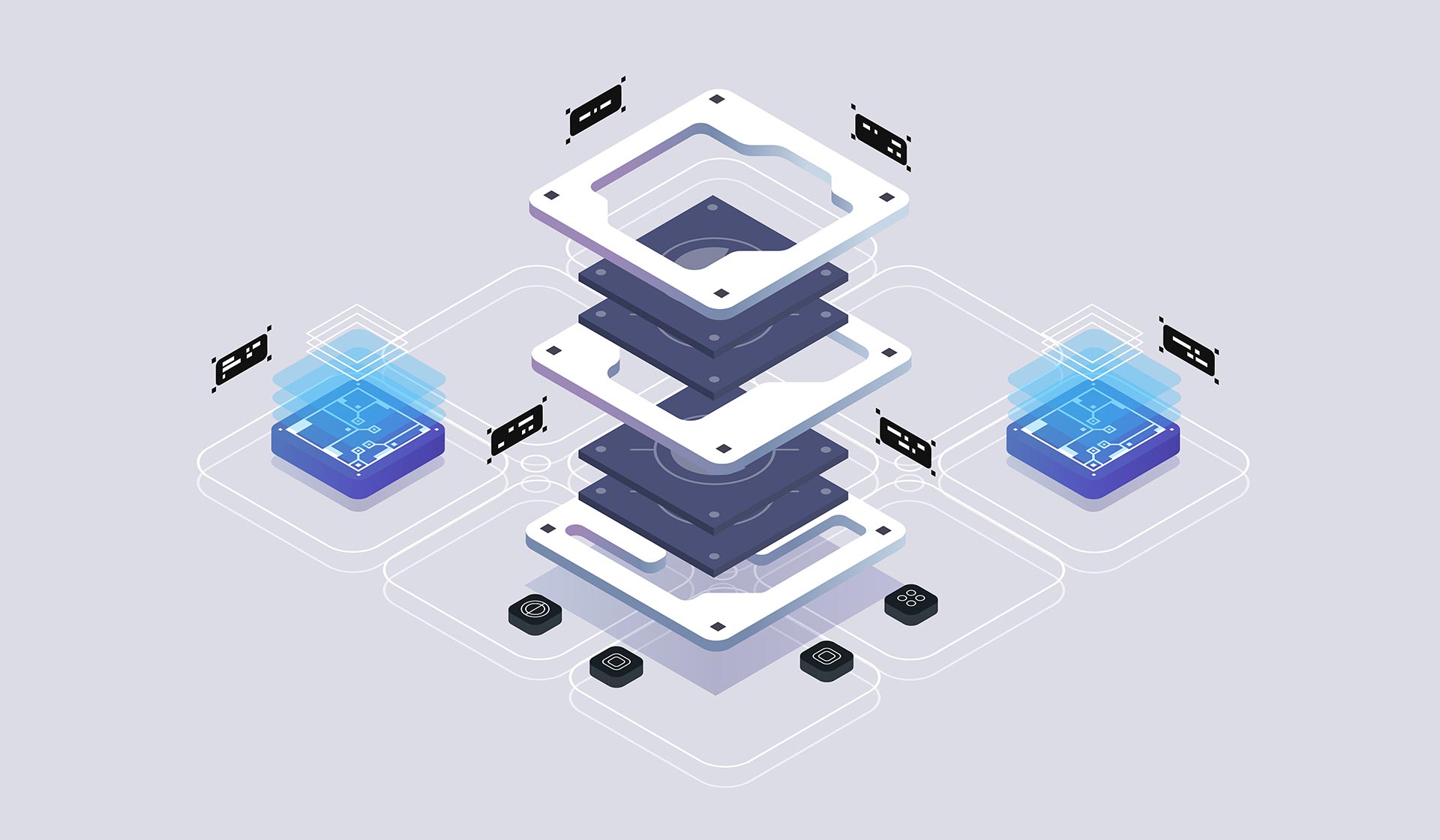The business world is moving from static software to intelligent, action-driven systems. At the heart of this shift is a powerful combination: AI agents powered by Retrieval-Augmented Generation (RAG) and API automation.
These AI agents are not just chatbots. They are dynamic, context-aware digital assistants that understand your business, retrieve relevant knowledge, and take action - like booking appointments, generating reports, or answering customer queries in real time.
If you're in e-commerce, real estate, professional services, dentistry, or education, this article breaks down how AI agents built on RAG can transform your operations, enhance customer experience, and scale your business.
What Is an AI Agent with RAG?

An AI agent is an intelligent system that interacts with users or data, understands context, and executes tasks through integrated APIs.
Retrieval-Augmented Generation (RAG) is an architecture where the AI retrieves specific, up-to-date information from external sources—such as internal knowledge bases, CRM systems, or product databases—before generating a response.
Together, this stack enables:
AI agents with RAG don’t hallucinate or give vague answers—they operate with precision, trust, and actionability.
Why AI Agents Matter for Modern Industries
Whether you're managing a multi-location retail operation, scaling a SaaS product, or running a dental practice, AI agents provide a scalable way to:
This technology is already live and delivering ROI across multiple verticals.
Real-World AI Agent Use Cases Across Key Industries
01. E-commerce and Retail: Personalized Support & Product Discovery
Use Case 1: "Where is my order?"
Use Case 2: "Show me the best shoes under $100 for running."
AI agent with RAG retrieves order status, product details, user history, and policies. Then, it executes actions like processing refunds or placing orders through APIs.
Results:
02. Real Estate: AI Assistants for Property Matching and Scheduling
Use Case 1: “Book a showing for a 3-bedroom under $600K in downtown.”
Use Case 2: “Send me the latest listings with walk-in closets and garden access.”
The AI agent retrieves live property listings (via RAG), filters based on preferences, and books viewings or sends documents through CRM and scheduling APIs.
Results:
03. Dentistry and Healthcare: Smart Appointment Booking and FAQs
Use Case 1: “Do you offer Invisalign for teens?”
Use Case 2: “Book me a cleaning next Tuesday at 2pm.”
An AI dental assistant answers patient FAQs by retrieving services and policy info, then books appointments via API-connected scheduling tools.
Results:
04. Education and Learning: AI Tutors and Administrative Support
Use Case 1: “Explain photosynthesis in simple terms.”
Use Case 2: “When is the registration deadline for Spring semester?”
AI agents in EdTech platforms retrieve lessons, syllabus dates, and student progress data to deliver personalized responses and automate admin queries.
Results:
05. Professional Services: Knowledge Management and Task Automation
Use Case 1: “Find our NDA template and draft a version for a new client.”
Use Case 2: “Summarize the last three project updates from Team A.”
AI agents retrieve templates, policy documents, and project notes through RAG, then automate drafting, summarizing, or logging tasks in project management tools.
Results:
How AI Agents Work: A Modular Tech Stack

A scalable AI agent is built with the following architecture:
Layer | Description |
|---|---|
RAG (Retrieval Engine) | Retrieves relevant internal or external content |
LLM (Language Model) | Interprets user intent, formats responses |
API Integration Layer | Executes tasks in real-world systems |
Interface | Chat, app, voice, email, or embedded UI |
This modular approach makes it easy to scale across industries, adapting to different verticals' data, workflows, and customer journeys.
Monetization Opportunities

AI agents can be monetized directly or through product enhancements:
Model | Best for |
|---|---|
Usage-based billing | Fintech, SaaS, e-commerce platforms |
Subscription or licensing | Professional services, education, real estate |
Per-action monetization | Healthcare, bookings, support workflows |
White-label solutions | Agencies, platforms, marketplaces |
Final Thought: AI Agents Are the Next Layer of Intelligent Software
The future is not just AI-powered search. It’s about AI agents that know your business, understand your customers, and take action - autonomously.
Retrieval-Augmented Generation and API integration make that future real, scalable, and revenue-generating.
If you’re in e-commerce, real estate, education, healthcare, or professional services, the time to implement this is now.
You don’t need to build it from scratch. You need a smart strategy, the right data foundation, and the right AI enablement partner.
Let’s Build Your First AI Agent
Want to explore a tailored use case for your business? We’ll map your data sources, use case flow, and integration plan—then bring it to life in 30 days.
